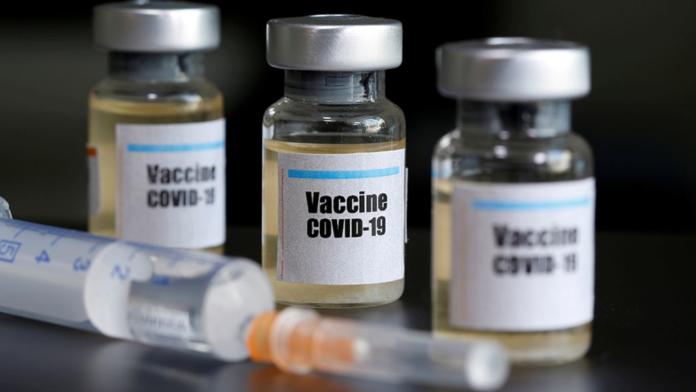The Centre for Social Change (CSC), University of Johannesburg (UJ) and the Human Sciences Research Council (HSRC) have published a new research briefing on the public’s willingness to take a Covid-19 vaccine, and reasons for their decision.
The findings are based on the UJ/HSRC Covid-19 Democracy Survey, undertaken between 29 December 2020 and 6 January 2021, which polled 10,618 participants.
Findings were weighted by race, education and age, and are broadly representative of the population at large. The questionnaire was available in the country’s six most widely spoken languages.
The findings show that the majority of respondents are willing to take a vaccine.
- 67% of adults would definitely or probably take a vaccine if it available.
- 18% of adults would definitely or probably not take a vaccine.
- 15% of adults did not know.
However, the research also shows that race, education and age play a role in shaping vaccine acceptance.
- 69% of Black African adults would definitely or probably take the vaccine (that is, ‘acceptance’), compared with 55% of white adults.
- Acceptance among adults with less than matric-level education was 72%, compared with 59% for those with tertiary education.
- Acceptance was 63% among adults aged 18-24, and 74% for those aged 55 and older.
The survey also focused on the politics of the participants, with the municipal elections scheduled for later this year.
In terms of voting intention, acceptance was as follows. ANC: 78%, DA: 65%, EFF: 62%, other parties: 67%. Among those who did not intend to vote, acceptance was much lower, only 48%.
Among those who thought the President was doing a good or very good job in handling the Covid-19 outbreak, acceptance was 73%, but among those who thought, he was doing a bad or very bad job, it was only 36%.
Why people will take the vaccine
Among acceptances, most people spoke about protecting themselves or others, and often both.
The most commonly cited reasons for non-acceptance (which included the ‘don’t knows’ as well as those who said they would definitely or probably not take the vaccine).
By comparison, the most commonly cited justifications for not taking a vaccine were about effectiveness, side effects and uncertainty about testing. Many people said they needed more information. Only 10% referred to conspiracy theories.
“Our analysis shows that vaccine hesitancy comes down to a range of legitimate concerns about a vaccine developed and rolled-out in record time, as well as some distrust in the government and corporations,” said Professor Narnia Bohler-Muller from the HSRC .
“We need a vaccine literacy campaign that provides factual information that will sway the waverers.”
Professor Kate Alexander from UJ said it is excellent news that such a large and representative survey shows that 67% now want to take the vaccine. “The biggest challenge is to make sure that the majority get what they want.”















